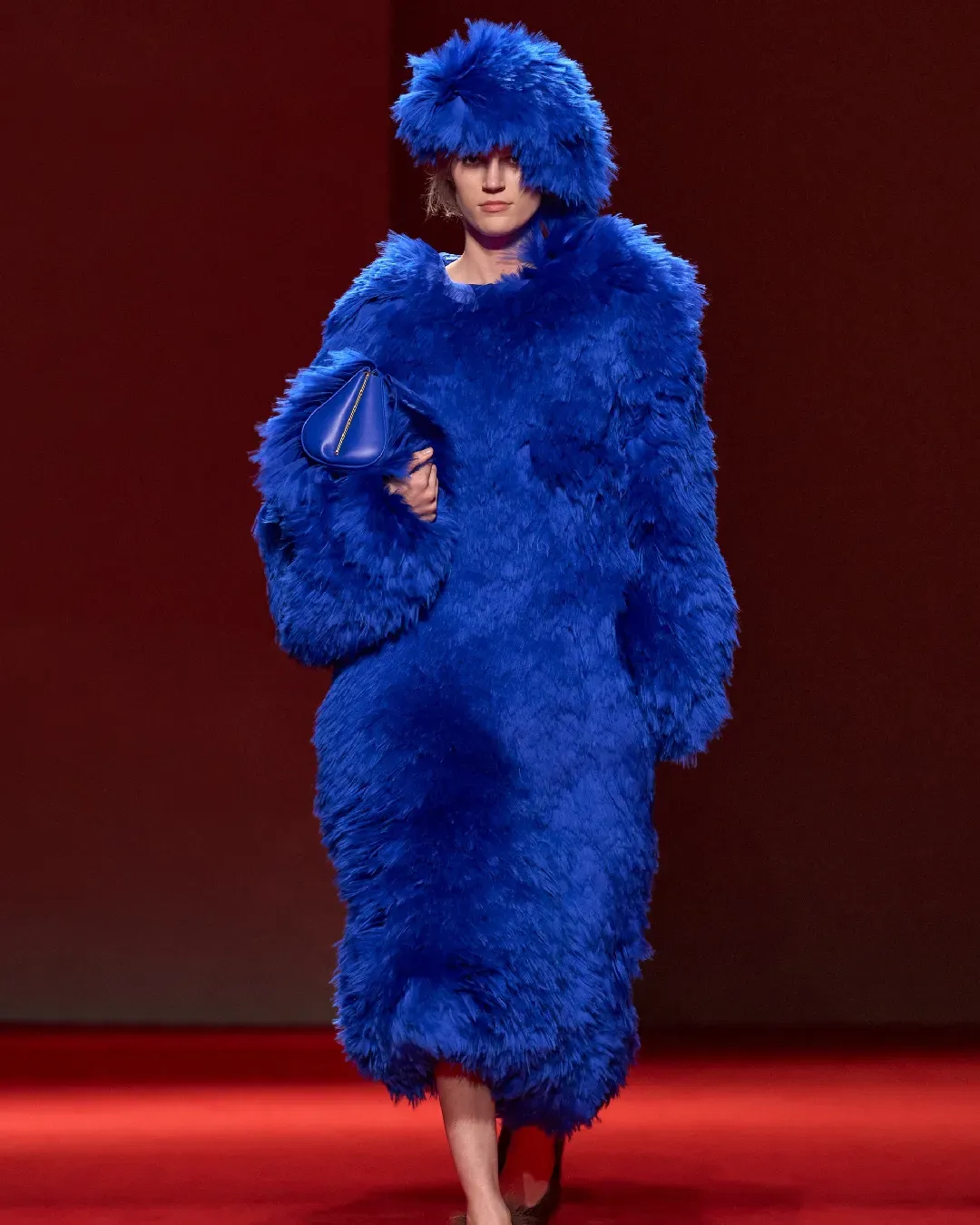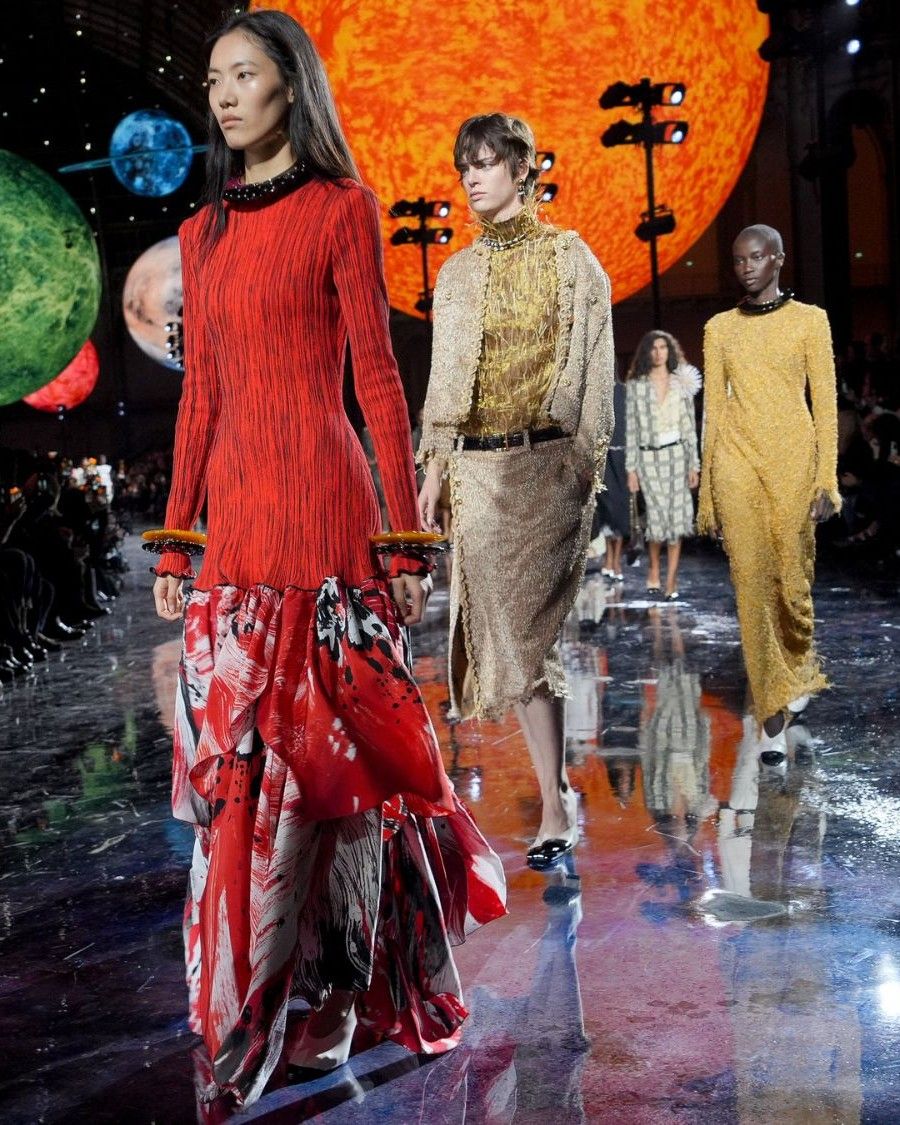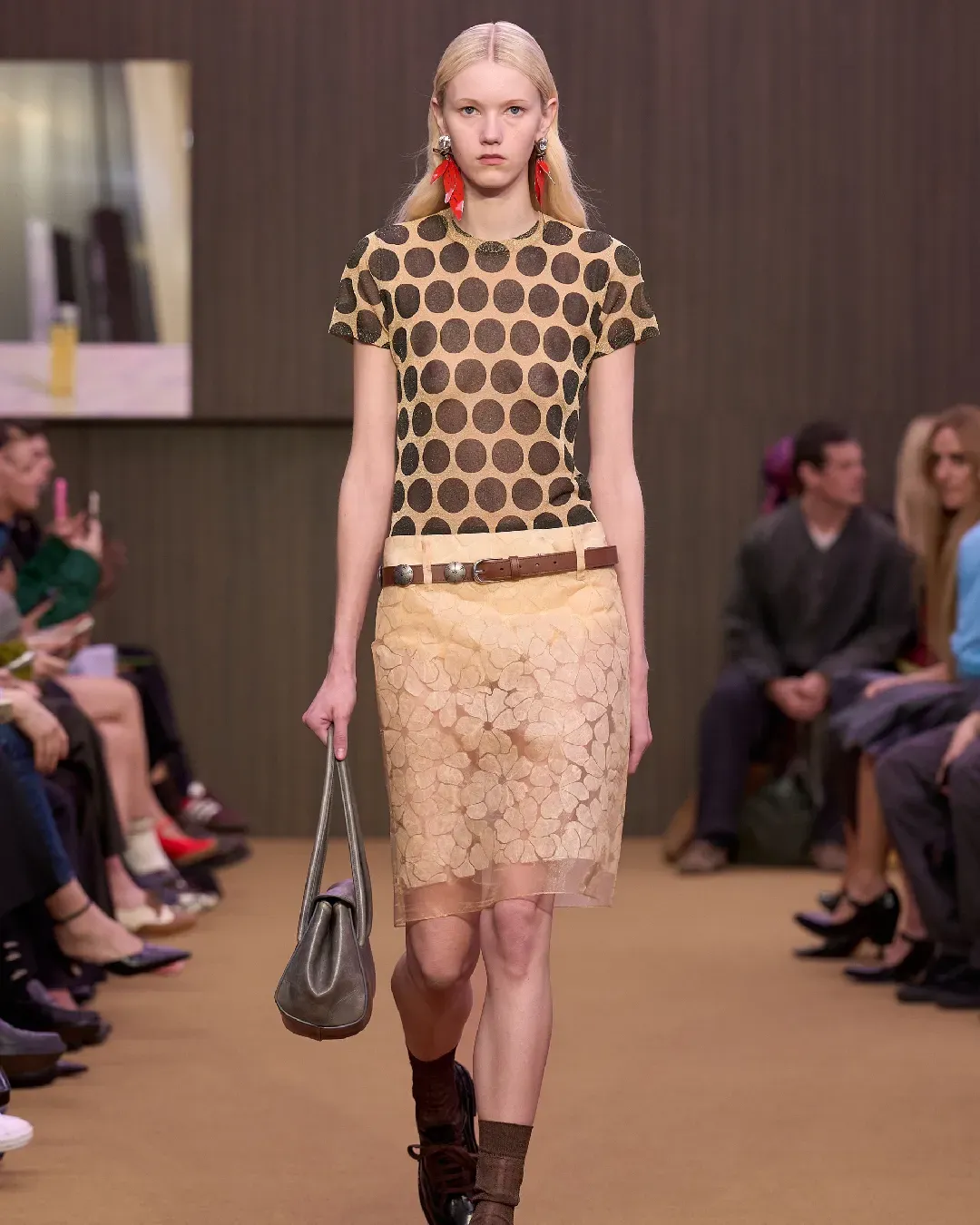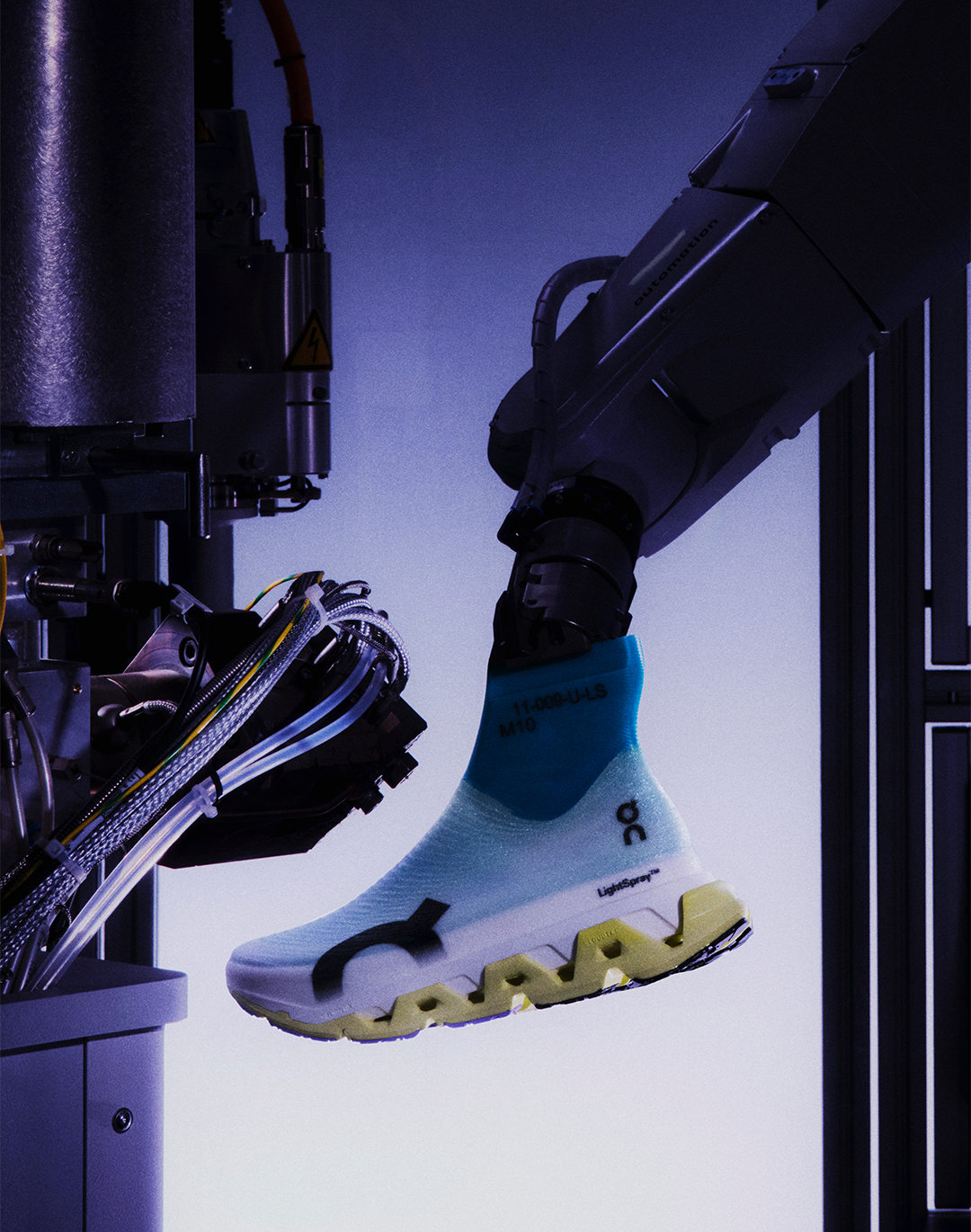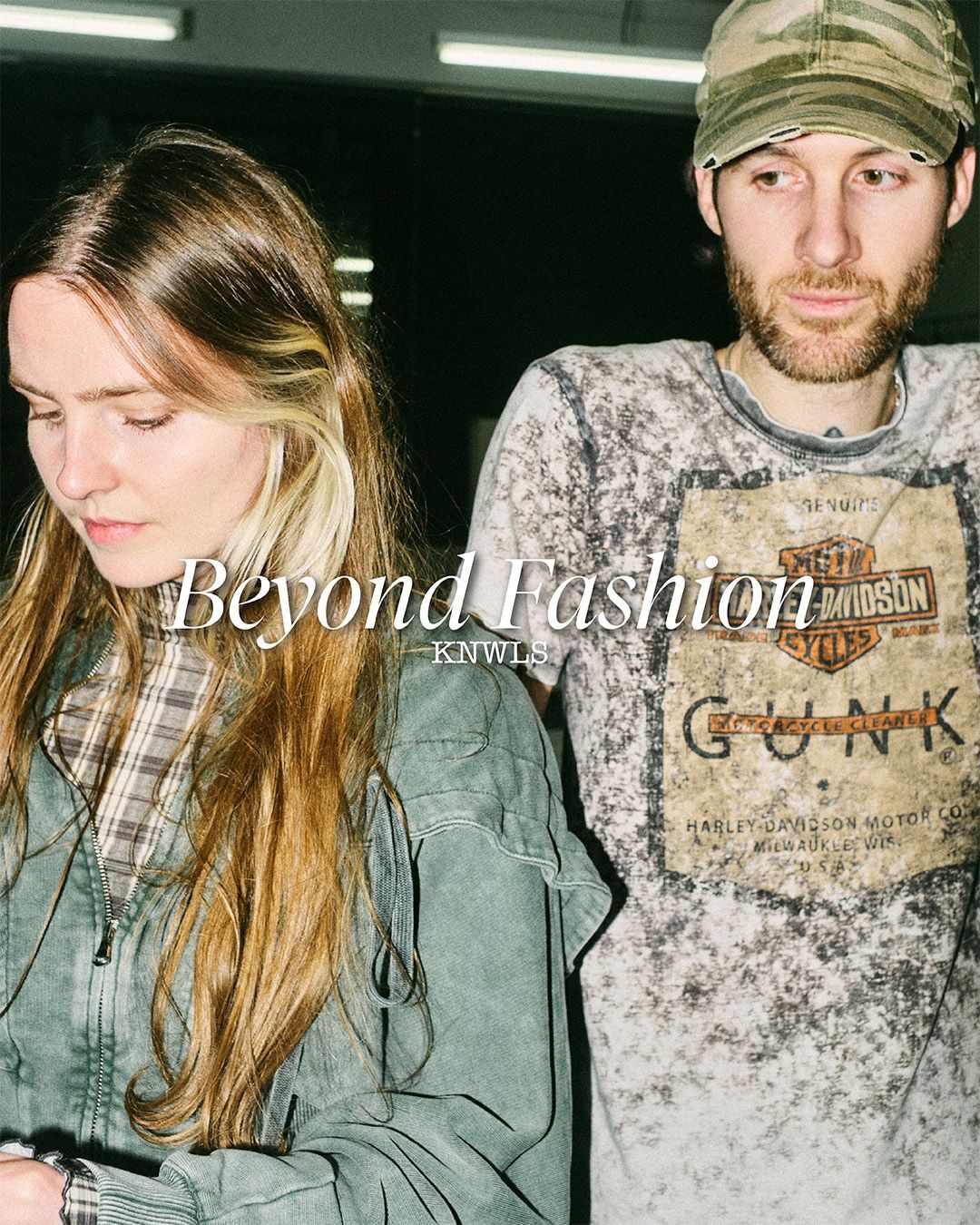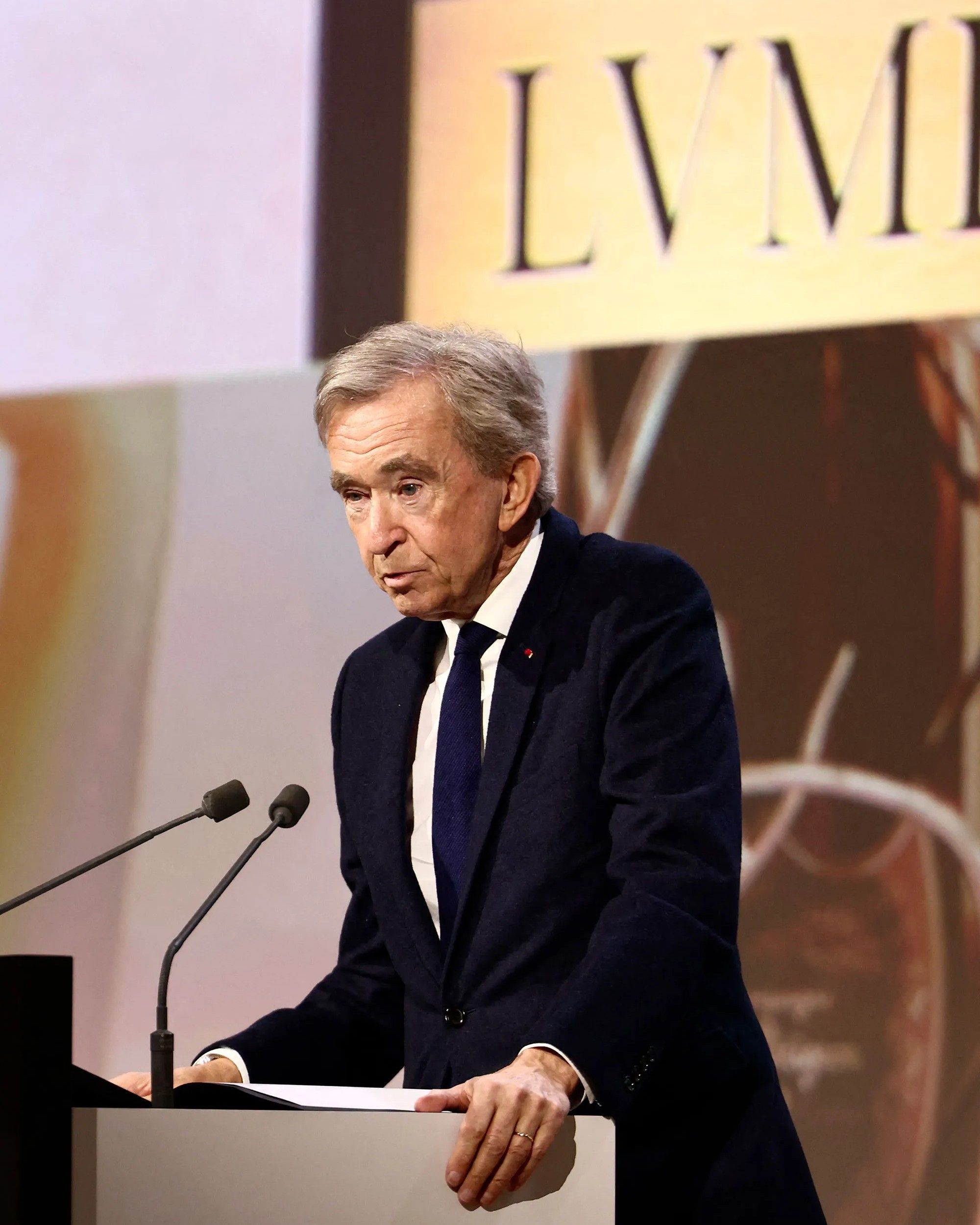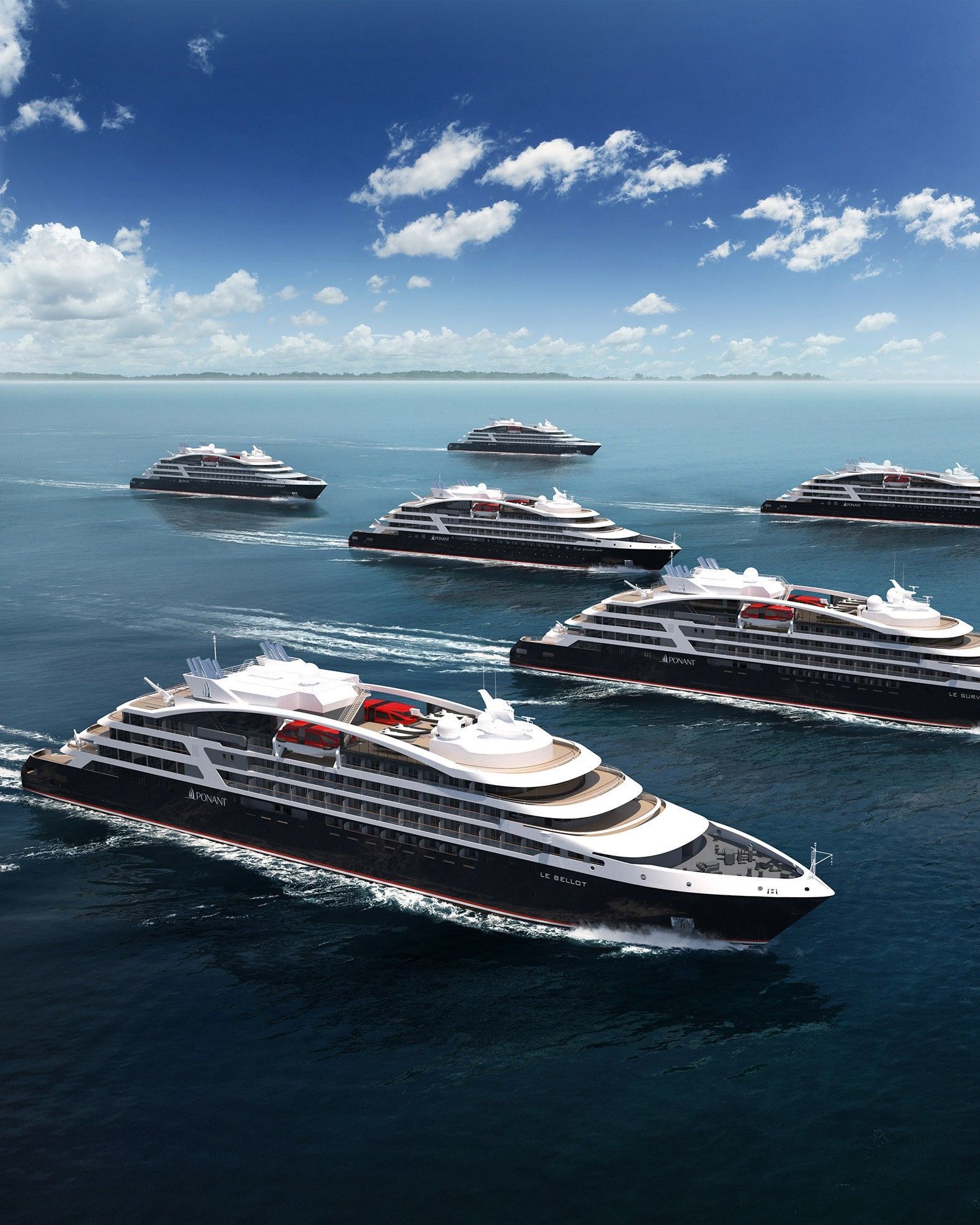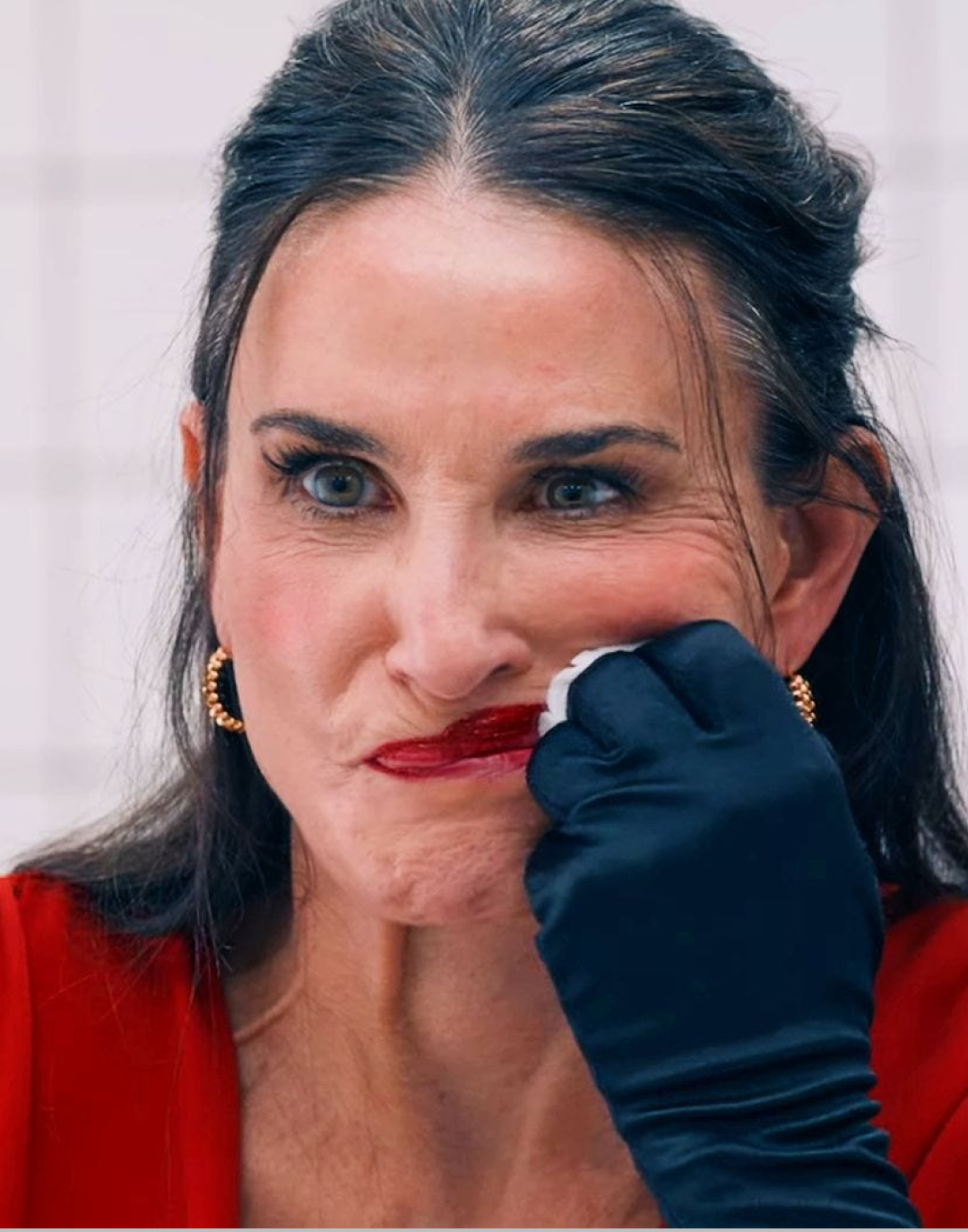
How luxury is tackling the water crisis LVMH's new consumption reduction plan raises the issue of water scarcity in fashion
Every year, the fashion industry consumes 79 trillion liters of water, contributing to 20% of the world's water waste. It is taken for granted that, in fashion, the main culprit for the current state of the planet is fast fashion, but luxury brands also heavily affect the Earth's resources and environmental pollution. According to the World Health Organisation, which presented updated data on the planet's dwindling resources at the UN Conference last November, half the world's population will live in water-stressed areas by 2025. France promptly took action on the matter, instituting new laws back in March to ensure better water management and distribution, as well as less waste. Furthermore, last week the French conglomerate LVMH presented its Water Conservation Plan, which has as its ultimate goal a 30% reduction in water consumption for the entire Group by 2030.
What is LVMH's plan?
LVMH announces an ambitious water efficiency plan to reduce the Group’s overall water footprint by 30%.
— LVMH (@LVMH) July 10, 2023
Learn More: https://t.co/yOO5BQn7BT#LVMH pic.twitter.com/O9ytdSnAmg
LVMH's Water Conservation Plan joins the various sustainability initiatives launched by the Group in 2021 with the Life 360 program. In the announcement of the new project, LVMH gives the example of Loro Piana's achievements in recent years with regard to water conservation: between 2019 and 2022, the brand reduced its water consumption by 25%, thanks to «wastewater recycling equipment in its main factory,» the company explains. LVMH's Water Conservation Plan contains specific initiatives to improve the Group's environmental footprint, such as adding more efficient technologies to reuse wastewater, implementing a production process with less consumption, and raising customer awareness of the water crisis through a dedicated environmental label. Towards the end of 2023, LVMH will also add some modifications to its production structure to reduce the release of harmful substances into nature. This project will be certified by the SBTN organization - Science Based Targets for Nature - a partner of the Group.
Why does fashion matter?
Commitments by the fashion industry to reduce its impact on the environment have increased dramatically in recent years, following the growing media attention this cause has received in recent years. Despite the concerns of individuals and corporations for the health of our Planet, however, global water consumption has increased annually by 1% over the last 40 years. According to the latest UN World Water Development Report, this consumption is expected to reach peaks between 20% and 30% by 2050. And fashion seems to be one of the main causes of water wastage; the production of a pair of jeans and a T-shirt requires a total of about 10,000 liters of water, while a hand-woven silk shirt requires 376 liters. In addition to waste, we are also faced with the problem of pollution of water resources, irrigation systems, and, consequently, agricultural land, which is often caused by textile factories and their polluting material treatments, such as dyeing processes. The production of synthetic textiles requires about 70 million barrels of petrol per year, which results in the release of lead, arsenic, benzene, and other toxic substances into our water sources. Similarly, the cultivation of virgin natural fibers requires a large number of pesticides, corresponding to 6% of those used globally.
What are Kering and Richemont's strategies?
Like LVMH, the other big luxury groups, Kering and Richemont, are also implementing strategies for a reduction in water waste and pollution. The former had already announced in 2016 that it had diminished its water consumption by 19%, and in 2022 claimed in its annual Environmental Profit and Loss report that it had achieved a 40% cut in consumption of water, pollution, waste, and harmful emissions. According to CDP, which annually provides tests and questionnaires to measure the environmental impact of companies, Kering and Richemont's ratings show year-on-year improvements. In 2022, Kering launched a collaboration with the eco-conscious initiative Fashion for Good to modify the material processes of the Group's brands to drastically reduce water consumption and the release of toxic substances into the environment





